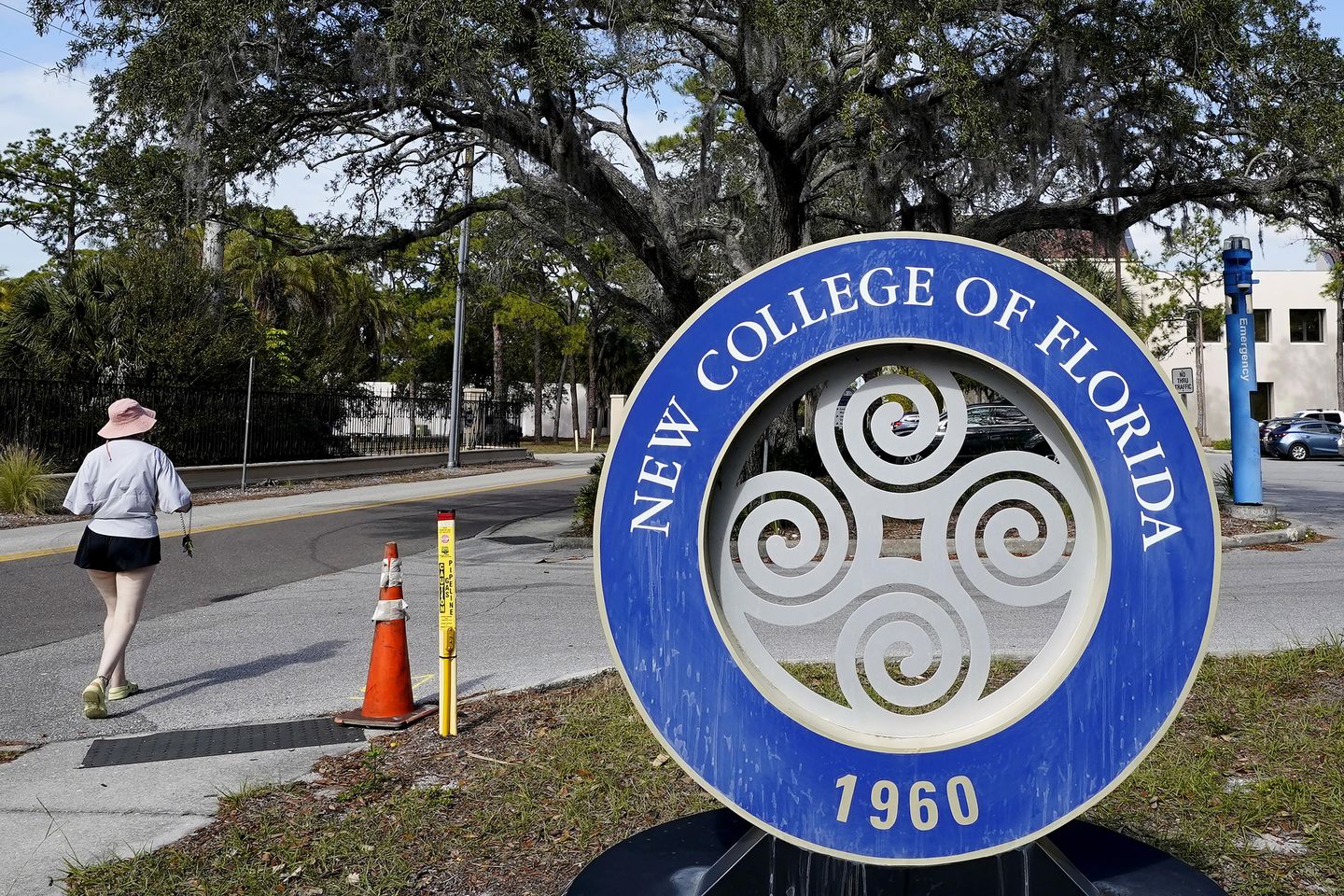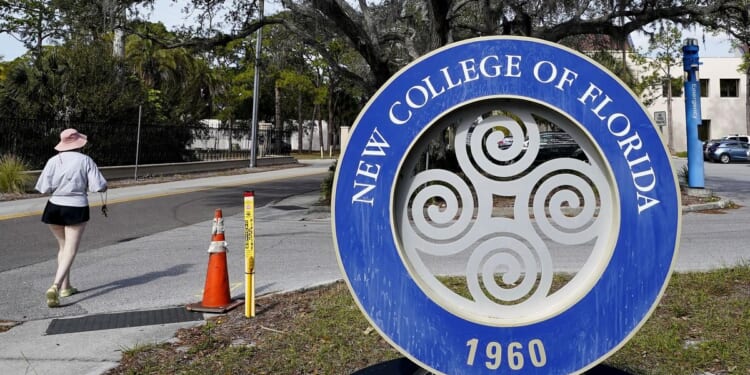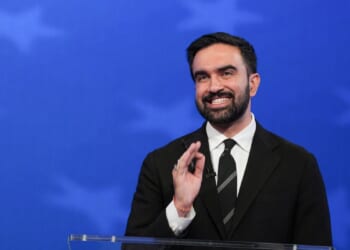
Let other universities spurn the Trump administration’s higher-education compact. The New College of Florida is ready to sign.
The Sarasota-based college is campaigning to become the first to join the Compact for Academic Excellence in Higher Education, an agreement offering preferential access to federal grants to universities that adhere to policies aimed at combating DEI, foreign influence, and soaring tuition costs.
None of the nine elite universities invited Oct. 1 to sign the compact has done so, but New College said it has already implemented many of the document’s principles and “will happily be the first college in America to formally embrace and sign President Trump’s vision for higher education.”
“We believe in a college that is based on free speech, merit, character, not on students’ immutable characteristics that you can’t change,” Will Witt, New College chief social media officer, said in a Wednesday video post.
“So when we saw President Trump’s compact talking about all these things that we’re already doing, we said, ’Where do we sign?’” he said.
Mr. Witt added that “we’re going to be the first ones to sign this compact, and we hope we won’t be the last, because the future of America depends on it.”
New College may not enjoy Harvard’s prestige, but the designated “public honors college” of Florida would undoubtedly be a better fit for the compact, given its embrace of conservative principles and rejection of leftist “indoctrination” under Florida Gov. Ron DeSantis.
“New College of Florida is committed to the ideals present within this compact, and we have already been instituting them for the past two and a half years,” said New College President Richard Corcoran in a Monday statement.
“We have no affirmative action or DEI, and we have been building a campus where open dialogue and the marketplace of ideas are at the forefront of everything we do,” he said.
In addition, the New College offer provides an opportunity for the administration to break the standoff over the compact with the higher-education establishment.
Seven of the nine universities rejected the compact outright, citing concerns about academic freedom: Harvard, Dartmouth, the Massachusetts Institute of Technology, the University of Southern California, the University of Virginia, the University of Arizona, and the University of Pennsylvania.
Meanwhile, Vanderbilt gave feedback without explicitly rejecting or accepting the agreement.
Here is why New College of Florida is ready to be the first college in America to sign President Trump’s Higher Education Compact. pic.twitter.com/tC7nFm8ECO
— New College of Florida (@NewCollegeofFL) October 29, 2025
That leaves only the University of Texas at Austin, which did not respond publicly by the administration’s Oct. 20 deadline, but has reportedly entered into talks with the White House.
Of the initial nine universities, UT Austin has shown the most enthusiasm for the agreement.
University of Texas System Board of Regents Chairman Kevin Eltife said Oct. 2 that the leadership was “honored” to be included in the initial group of nine, and looked forward to considering the compact “immediately.”
All nine members of the UT Board of Regents were appointed by Republican Gov. Greg Abbott. In addition, UT Austin’s newly inaugurated president, James Davis, previously worked as a deputy attorney general under Attorney General Ken Paxton, a Republican.
Mr. Davis has not commented on the compact, but a White House official told Axios that the administration is “having good conversations” with the university.
The Washington Times has reached out to the White House and UT Austin for comment.
The 10-page compact calls on universities to adopt merit-based versus race-based admissions and faculty hiring; keep foreign undergraduate enrollment below 15%; adopt biological definitions of “male” and “female” for private facilities and sports; and enact a five-year tuition freeze.
Universities would also commit to “grade integrity” by fighting grade inflation; maintaining institutional neutrality on political events unrelated to the university, and fostering a “vibrant marketplace of ideas on campus.”
While New College was not among the initial nine universities, President Trump extended the invitation to join the compact to all higher-education institutions in an Oct. 12 post on Truth Social.
Mr. DeSantis has appointed a majority of New College’s board of trustees, including prominent conservatives such as Ryan T. Anderson, president of the Ethics and Public Policy Center; Charles Kesler, editor of the Claremont Review of Books; and Christopher Rufo, senior fellow at the Manhattan Institute.
New College, which offers bachelor’s degrees and a master’s degree in data science, has an enrollment of about 700 students and a student-faculty ratio of 8:1.
The college drew headlines in September by announcing that it plans to commission a statue of slain conservative activist Charlie Kirk.











